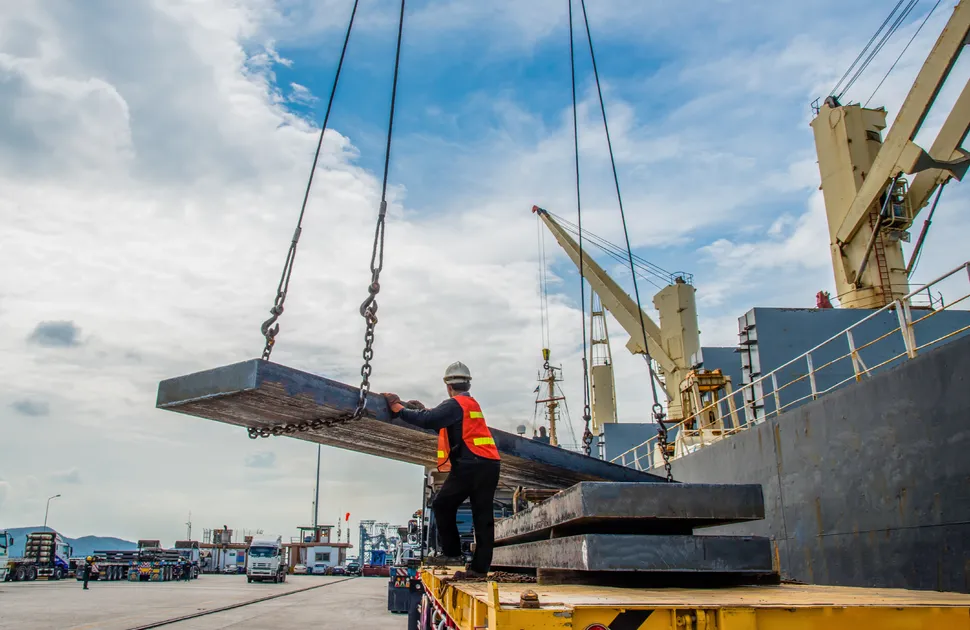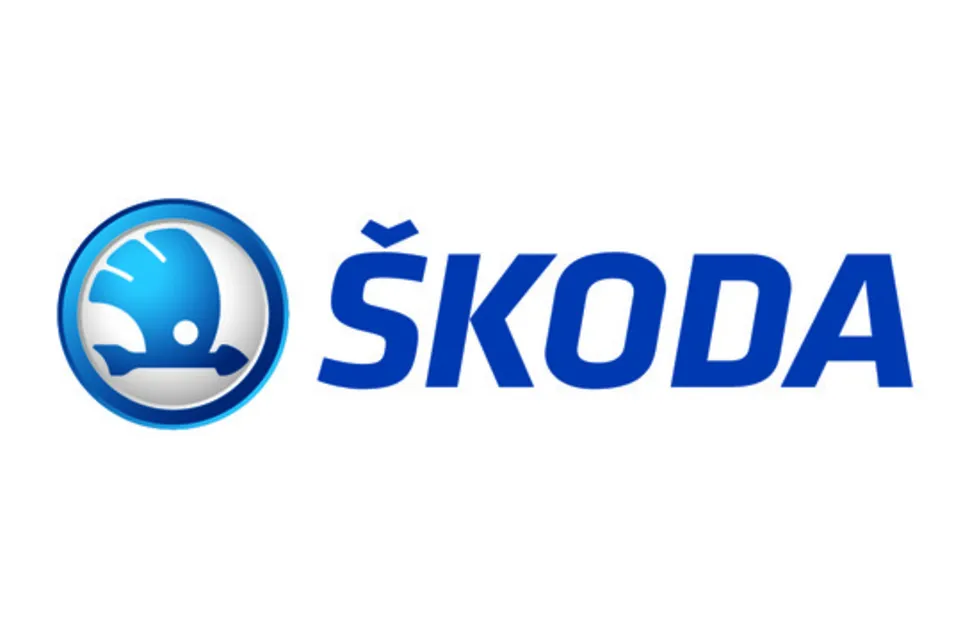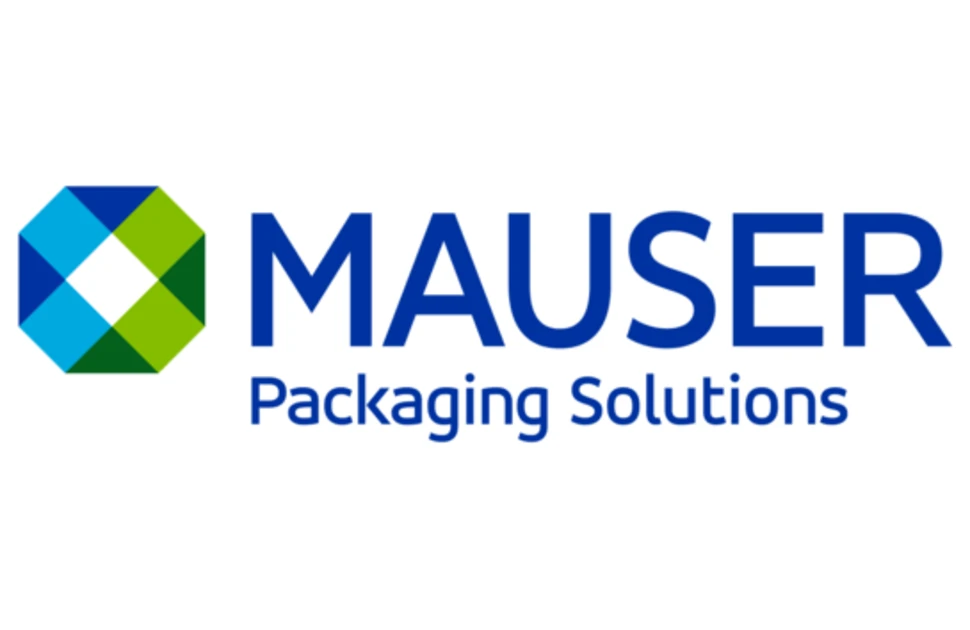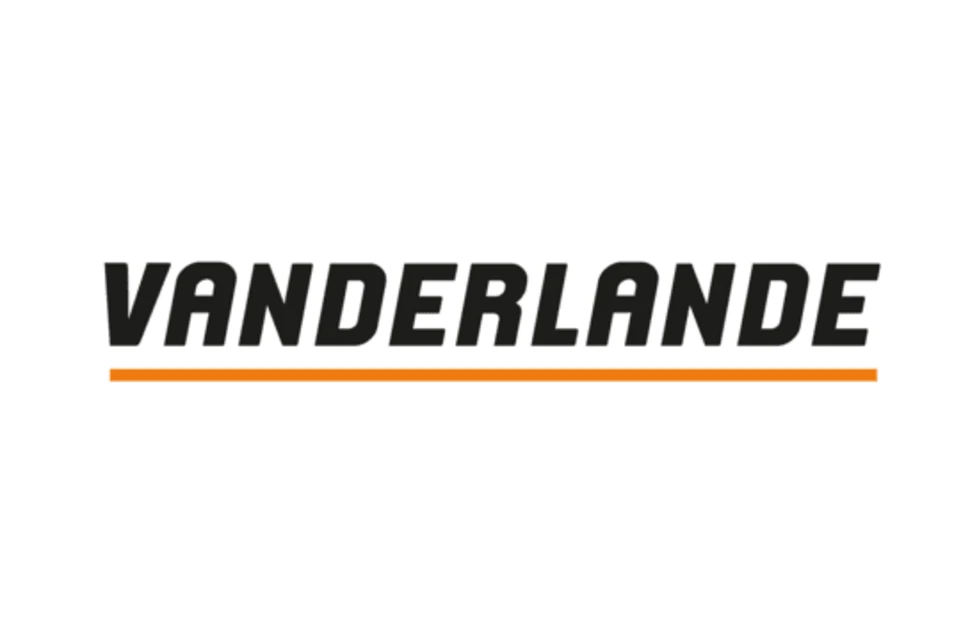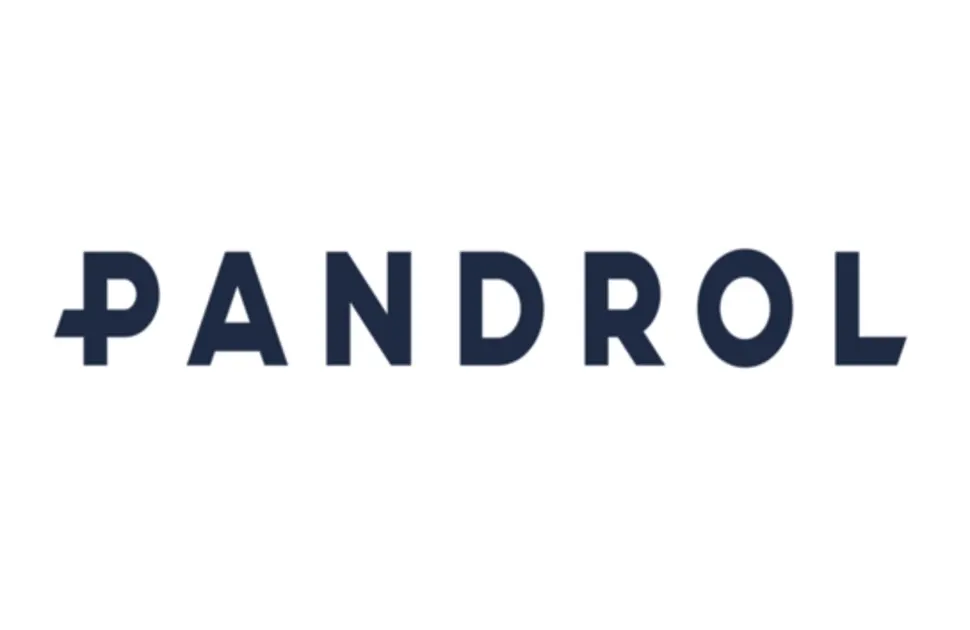Price Volatility Erodes Business Confidence in the Emerging Markets
The business environment is challenging, in Brazil. Domestic steelmakers attempted to push through a price increase for October’s production campaign. Predictably, distributors and end-users are reluctant to commit to forward orders. For the moment, most purchases are for immediate needs only. Supplies from third country sources are unattractive.
The trading climate, in the Russian Federation, is demanding. Distributors and downstream industries plan to avoid holding or building inventory, in the interim. The, year-end, seasonal slowdown in demand is expected to begin in late October. Moreover, overseas sales are difficult to secure, forcing producers to reduce their export quotations.
Business sentiment is deteriorating in the Indian distribution network. Inventories are marginally excessive, as a result of slow sales to end-users, who are keeping their stocks as low as possible. Pressure is mounting on domestic mills to offer additional price concessions to fill their order books. Support from offshore buyers is limited.
In China, purchasing activity failed to pick up following the National Day Golden Week vacation period. Many local steel manufacturers announced unchanged list values for November deliveries. Domestically produced material is readily available, despite recent output restrictions.
Procurement activity is tepid, in Ukraine. Neither sales nor prices are showing signs of improvement, as is the norm at this time of year. Service centres are offering reduced resale prices to their customers in order to lower inventory levels. Support from external demand is limited. The local association of metal producers, Metallurgprom, reports that finished steel production, in September 2019, totalled 1.362 million tonnes – down 11.4 percent, month-on-month.
Business confidence is deteriorating, in Turkey. Domestic steel producers are reluctant to offer additional discounts and more favourable payment terms, fearing such measures would be counterproductive and only fuel further price volatility. The situation is exacerbated by the instability of the Turkish lira against the US dollar, the threat of US trade sanctions and political uncertainty. Third country import offers are available, but buyers show little interest.
Sentiment is deteriorating in the Emirati steel market. Demand is relatively subdued, making it difficult for distributors to obtain satisfactory resale values. End-user groups plan to closely monitor the price premium charged by the local mills relative to imports, before deciding where to purchase. Availability of foreign material at the ports is plentiful. Meanwhile, the Gulf Co-operation Council (GCC) has initiated a safeguard investigation into imports of flat, long and tubular products.
Difficult trading conditions persist, in South Africa. Service centres and traders report that profit margins are being squeezed. Many have failed to recoup the full amount of recent mill hikes. Few deals are being concluded. The construction sector continues to suffer from a shortage of public and private finance.
The prognosis for the Mexican steel market is unchanged. Demand from end-users is weaker than usual for this time of year. MEPS’ research found that dealers are expecting transaction values to soften further next month. Inventories linger at undesirable low levels, despite modest reductions. Third country imports are not particularly attractive.
